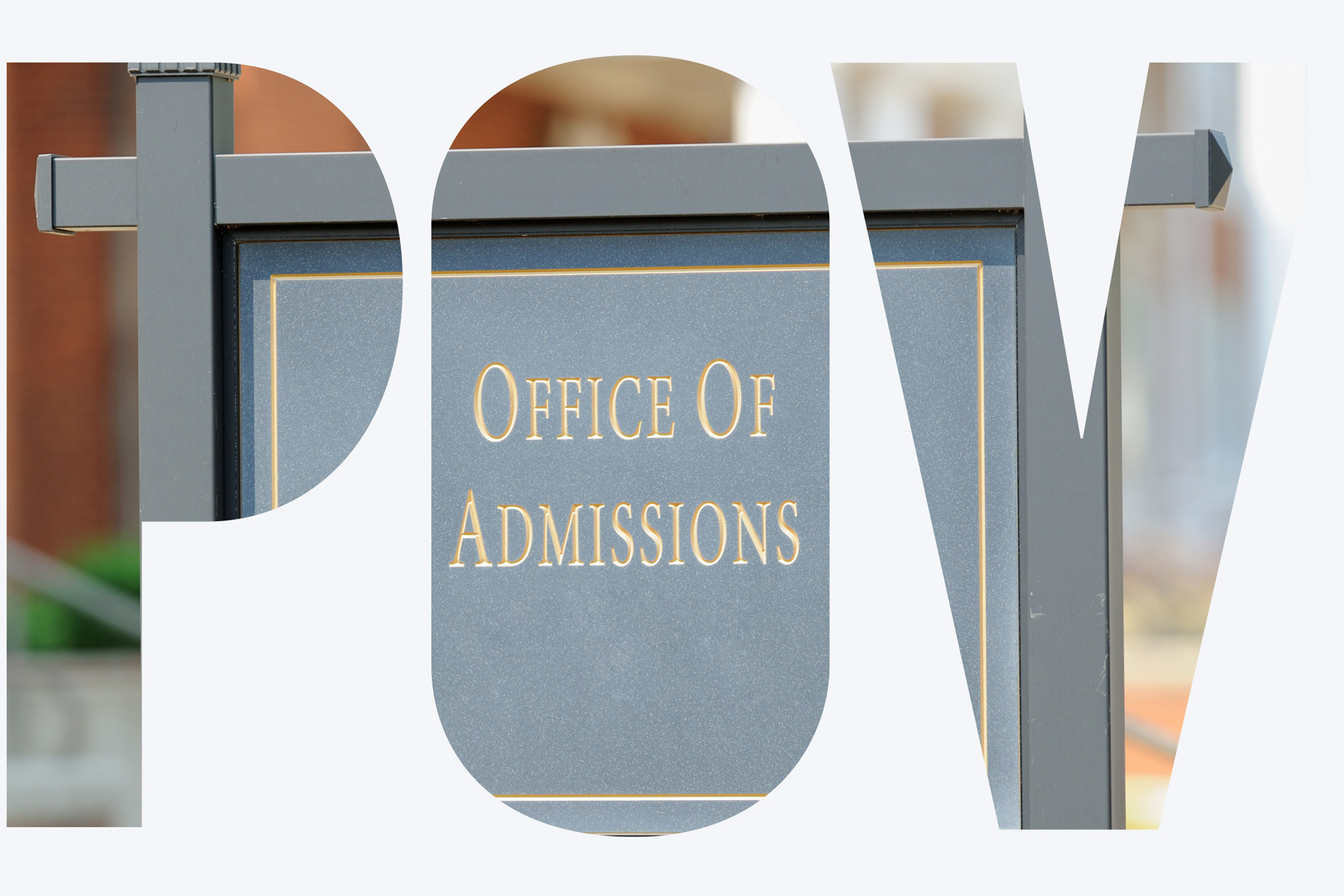POV: COVID-19 Makes the Case for Affirmative Action

Photo courtesy of iStock/sshepard
POV: COVID-19 Makes the Case for Affirmative Action
It remains as critical as ever if we want colleges to look at students as unique individuals
June has arrived. For current high school seniors across the country, it’s time to decide where, and whether, to attend college. For onlooking juniors, this process offers a glimpse into their own not-too-distant futures. But with a global pandemic lingering in the background, this future has suddenly become not-so-certain.
This uncertainty extends beyond stay-at-home orders, social distancing, and vaccines. The very future of college admissions remains in doubt. Just last month, Harvard submitted its final brief before the First Circuit, the appellate court that will determine (for now) the fate of affirmative action at Harvard and beyond. Yet even as questions abound, the coronavirus has made one thing clear: if we want colleges and universities to view students as unique and multifaceted individuals, affirmative action remains as critical as ever.
Imagine you are a high school junior who lives in Chelsea, Mass., Detroit, Mich., Navajo Nation, or any number of communities in which this global pandemic is in every sense local. Or your family, even if otherwise untouched by the virus, hides their facial features to avoid being the target of COVID-19–related hate crimes. For you, the virus’ human toll is far more than statistics on some website or newsfeed. It is friends, cousins, aunts, uncles, brothers, sisters, mothers, fathers. The experience reinforces the racial unevenness that your community continues to face in 21st-century America. It also reveals the countless people of color on the front lines, overrepresented as essential workers and playing the role of national heroes across the country.
Jump ahead six months. You sit down to write your college essay. Whatever you might have typed pre–COVID-19 is irrelevant. Your story, your aspirations, your sense of self are forever inscribed by the trials your community has endured. For you, this story can be neither understood nor told without marking race. You have seen how COVID-19 was not an equal opportunity threat. To the contrary, this “invisible enemy” laid bare race’s enduring relevance in 2020.
You write the essay, and you are proud of it. Because it tells your story. You send the essay to your guidance counselor and await the response.
There is no gushing over your prose, no congratulatory remarks. Your guidance counselor simply advises you to rewrite the essay. “Why?” you implore. “You told me to reveal my full self, to be vulnerable, so that they could see me, for me. This crisis, its impact, our resilience and strength, that is me.” Your guidance counselor hesitates before responding. “I know, this captures you. But you talked about race. You can’t do that in your college essay. Not anymore. You can discuss your experience during COVID-19, but you need to cut the race stuff.”
If stripping race from a college essay sounds absurd, that’s because, arguably, it is (as legal scholars Cheryl Harris and Devon Carbado detailed in a prescient 2008 article and Elise Boddie explored in a 2016 piece). But it could be our reality if Harvard loses. The Harvard case has garnered widespread attention. But many continue to overlook a radical remedy the plaintiff seeks: the wholesale elimination of race from college admissions. Consider their own words:
“A permanent injunction requiring Defendants to conduct all admissions in a manner that does not permit those engaged in the decisional process to be aware of or learn the race or ethnicity of any applicant for admission.”
As I detailed last year, this request is extreme, impractical, and inconsistent with the plaintiff’s own allegations of anti-Asian bias. There is reason to doubt it will be granted. But if this dispute reaches the Supreme Court, that might not matter. A majority of justices hostile to affirmative action could still prohibit the use of “race-sensitive admissions,” a term Justice Sotomayor has employed to describe common admissions processes—like Harvard’s—that consider an applicant’s race.
Let us hope that does not occur. Race-sensitive admissions comprise one modest yet critical step to increase diversity, counter educational inequities, equalize opportunity, promote meritocracy, and realize a more equal learning environment for all. Moreover, if you are a high school student living through COVID-19, you deserve to tell your story. If race plays a role, admissions officers ought to know. And they should be able to consider that when deciding whom to admit. Otherwise, we risk more than exacerbating an already fraught admissions process. We risk erasing college applicants across the country. Which really means we risk erasing ourselves.
Jonathan Feingold, a School of Law associate professor of law, can be reached at jfeingol@bu.edu.
Comments & Discussion
Boston University moderates comments to facilitate an informed, substantive, civil conversation. Abusive, profane, self-promotional, misleading, incoherent or off-topic comments will be rejected. Moderators are staffed during regular business hours (EST) and can only accept comments written in English. Statistics or facts must include a citation or a link to the citation.